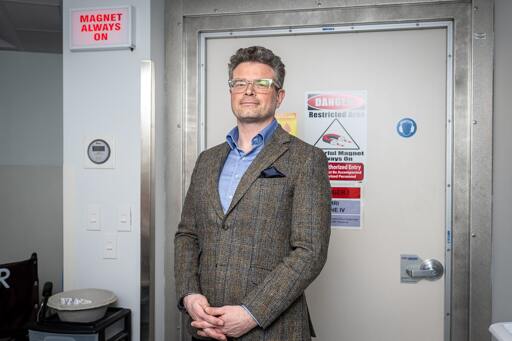The last type of chemotherapy that David Easton tried in his five-year fight against prostate cancer left him living a life that was really no life at all.
The retired Ontario autoworker slept 20 hours a day. His little time awake was spent hunched on or over the toilet at his home in Ayton, a small community about two hours northwest of Toronto.
He and his wife, Ann Easton, decided in February of 2024 that he would stop chemotherapy, even though he had exhausted all other treatments and very much wanted to live.
Then, about a year later, Mr. Easton was presented with a new option: a radioactive drug delivered by IV that would target his cancer and spare his healthy cells, unlike chemotherapy. “The nurse said that chemo was like being hit with a sledgehammer,” Ms. Easton said, “and this stuff is like being tickled with a feather.”
The only catch was that the 73-year-old would have to limit time with his wife and grandchildren for a few days after the drug was injected into his bloodstream because he would be radioactive.
The radiopharmaceutical that Mr. Easton received at London Health Sciences Centre on March 20 is called Pluvicto, and it is part of a new class of treatments that proponents predict will soon be a fourth pillar of cancer care, alongside surgery, chemotherapy and traditional radiation.


